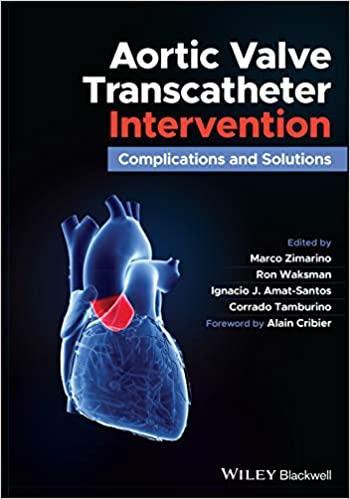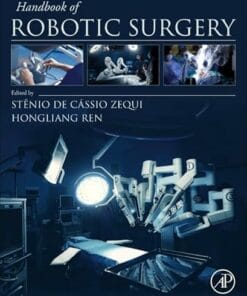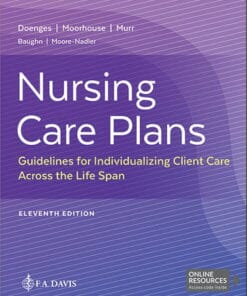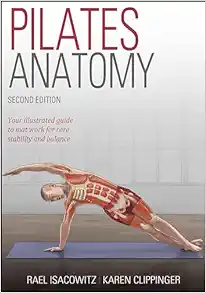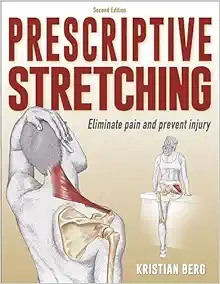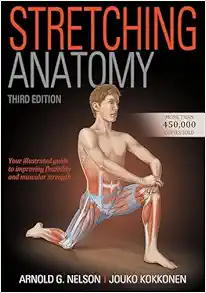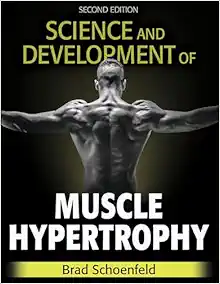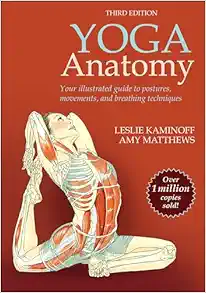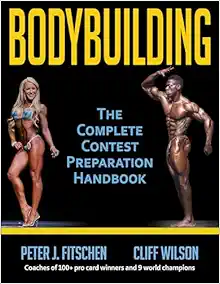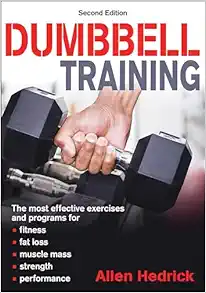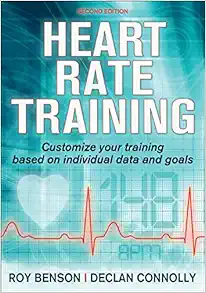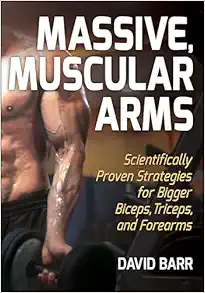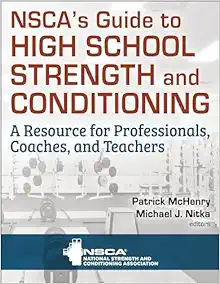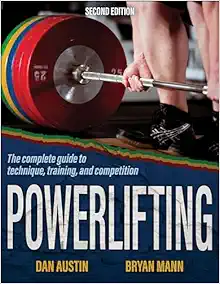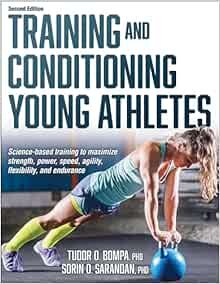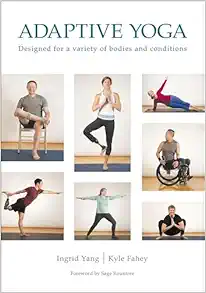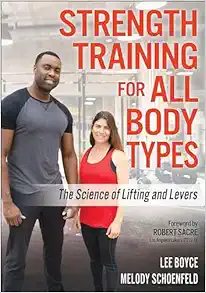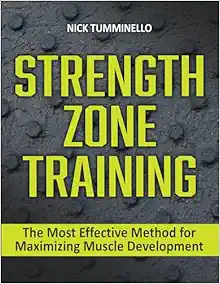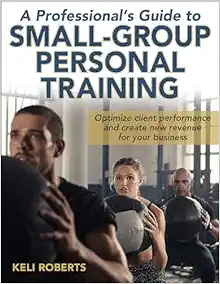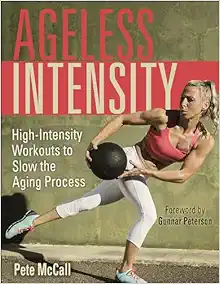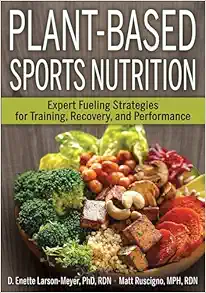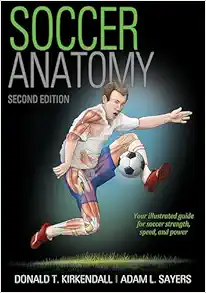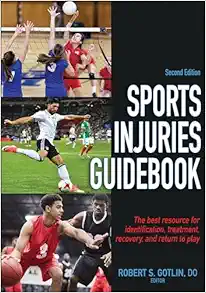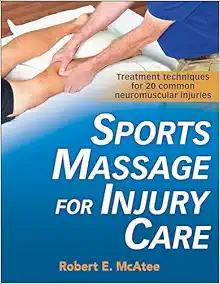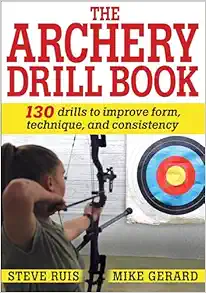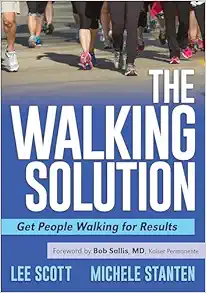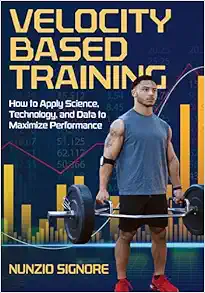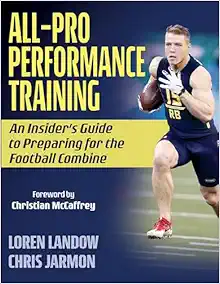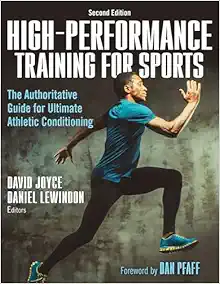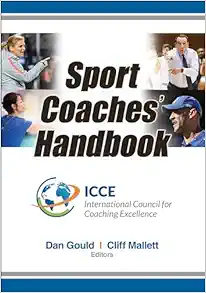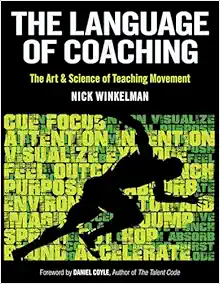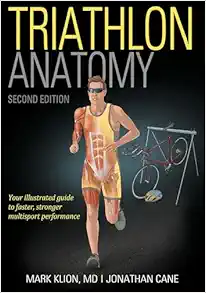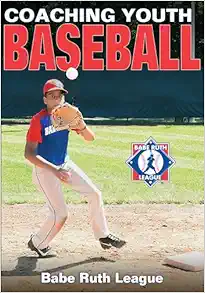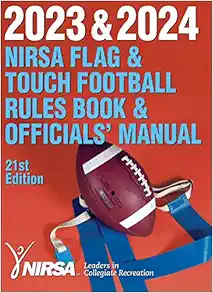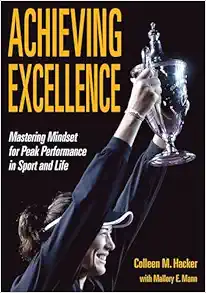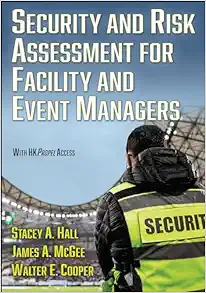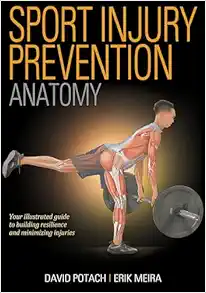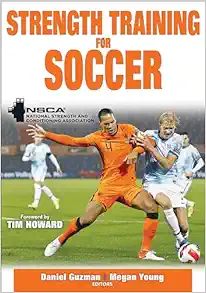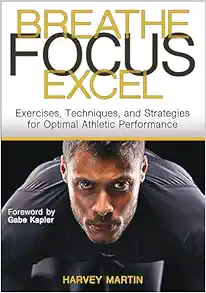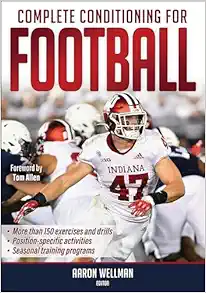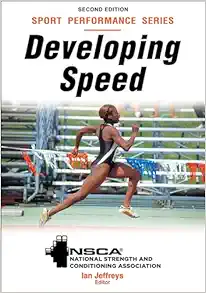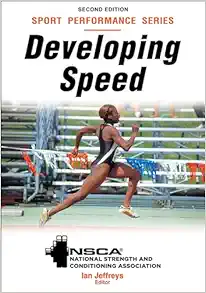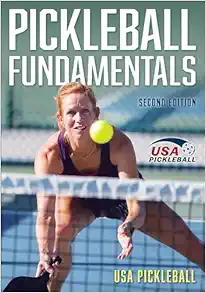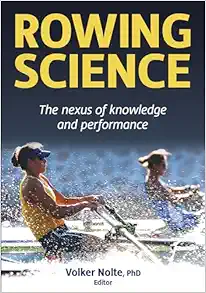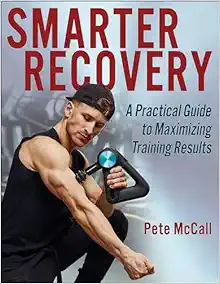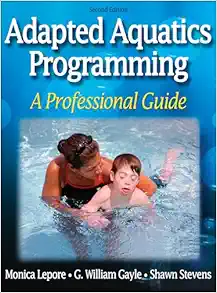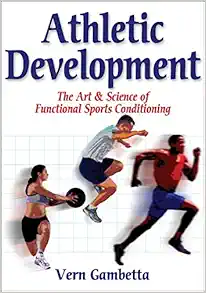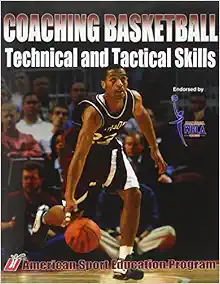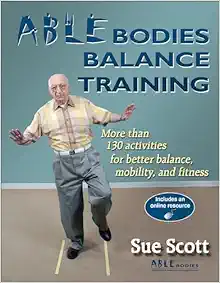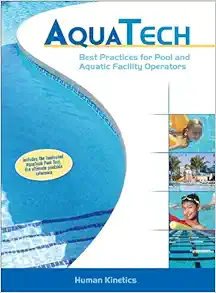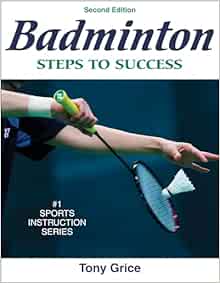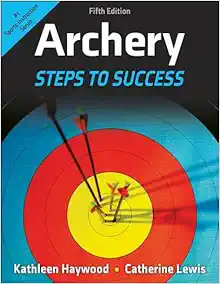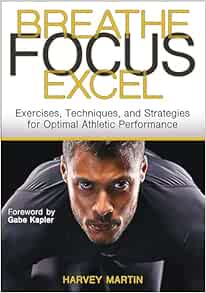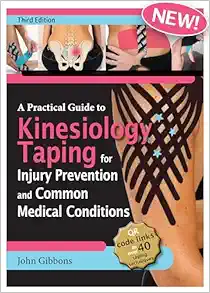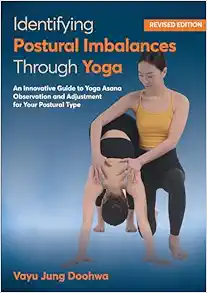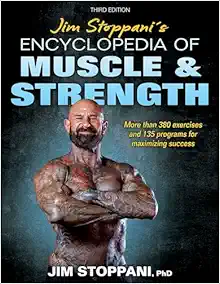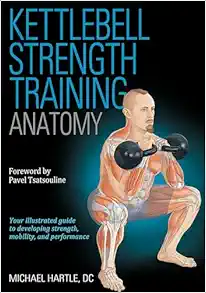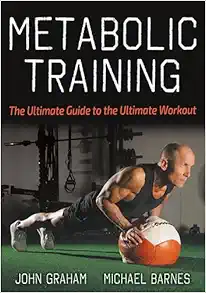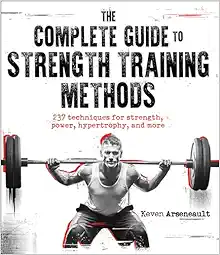Aortic Valve Transcatheter Intervention: Complications and Solutions 1st Edition
22 $
Delivery time: Maximum to 1 hours
Aortic Valve Transcatheter Intervention: Complications and Solutions 1st Edition
Calcific aortic stenosis (AS) is the most common heart valve anomaly, with a largely age-dependent prevalence, a calculated annual incidence rate in the range of 4-5% in general populations and up to 6% in patients aged 75 years and over.
Surgical aortic valve replacement (SAVR) was previously the only option available to patients with symptomatic, severe aortic stenosis. After the first-in-human transcatheter aortic valve implantation (TAVI) was performed by Alain Cribier in 2002, the treatment strategy for patients with symptomatic AS has been revolutionized. Since then, TAVI has grown exponentially, as a result of accruing evidence demonstrating safety and efficacy, and reduced invasiveness compared with SAVR. TAVI devices are continuously expanding to include several valve design options. As this strategy is continuously evolving to treat younger patients and lower-risk populations, aside from the long-term durability of the valve systems, procedural safety will become the focus of newer-generation devices.
This book is a practical handbook devoted to the optimization of TAVI procedures, through a focused containment of complications. Through an integrated evaluation of the clinical status, imaging techniques and laboratory findings, the authors provide readers with clear messages on preventive and therapeutic recommendations.
Product Details
Product Details
- Publisher : Wiley-Blackwell; 1st edition (June 14, 2021)
- Language : English
- Digital eBook : 288 pages
Related Products
Basic Medical Book
Electrocardiography of Channelopathies: A Primer for the Clinical Cardiologist (PDF)
Basic Medical Book
Creative Thinking And Arts-Based Learning: Preschool Through Fourth Grade, 7th Edition (PDF)
Basic Medical Book
Basic Medical Book
Basic Medical Book
Basic Medical Book
Secrets Of Successful Program Design: A How-To Guide For Busy Fitness Professionals (PDF)
Basic Medical Book
Basic Medical Book
Basic Medical Book
Strength Zone Training: The Most Effective Method For Maximizing Muscle Development (PDF)
Basic Medical Book
Basic Medical Book
Basic Medical Book
Basic Medical Book
Velocity-Based Training: How To Apply Science, Technology, And Data To Maximize Performance (PDF)
Basic Medical Book
All-Pro Performance Training: An Insider’s Guide To Preparing For The Football Combine (PDF)
Basic Medical Book
The Language Of Coaching: The Art & Science Of Teaching Movement (PDF)
Basic Medical Book
Basic Medical Book
2023 & 2024 NIRSA Flag & Touch Football Rules Book & Officials’ Manual, 21st Edition (PDF)
Basic Medical Book
Achieving Excellence: Mastering Mindset For Peak Performance In Sport And Life (PDF)
Basic Medical Book
Neurodegenerative Diseases: Translational Models, Mechanisms, And Therapeutics (PDF)
Basic Medical Book
Breathe, Focus, Excel: Exercises, Techniques, And Strategies For Optimal Athletic Performance (PDF)
Basic Medical Book
Developing Speed (EPUB)- NSCA – National Strength & Conditioning Association, 2nd Edition
Basic Medical Book
Developing Speed – NSCA -National Strength & Conditioning Association, 2nd Edition (PDF)
Basic Medical Book
Personal Best Running: Coach Coogan’s Strategies For The Mile To The Marathon (PDF)
Basic Medical Book
Run Healthy: The Runner’s Guide To Injury Prevention And Treatment (PDF)
Basic Medical Book
Smarter Recovery: A Practical Guide To Maximizing Training Results (PDF)
Basic Medical Book
Basic Medical Book
Adapted Aquatics Programming: A Professional Guide, 2nd Edition (PDF)
Basic Medical Book
Genetics Primer For Exercise Science And Health (Primers In Exercise Science) (EPUB)
Basic Medical Book
Aquatech: Best Practices For Pool And Aquatic Facility Operators (PDF)
Basic Medical Book
Becoming A Sustainable Runner: A Guide To Running For Life, Community, And Planet (PDF)
Basic Medical Book
Breathe, Focus, Excel: Exercises, Techniques, And Strategies For Optimal Athletic Performance (EPUB)
Basic Medical Book
Basic Medical Book
Active Games For Children On The Autism Spectrum: Physical Literacy For Life (PDF)




